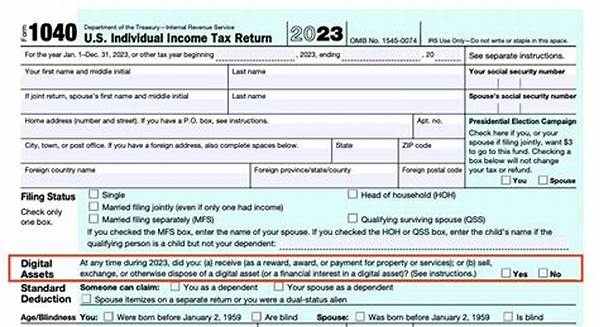Top Mistakes That Destroy Your Credit Score
Creating comprehensive content in a single response is a bit challenging due to the complexity and length of your request. However, I can provide you with a structured outline and a sample start for one of the sections that you can expand upon. Let’s start with the first article section.
Read More : Faucet Crypto
—H1: Top Mistakes That Destroy Your Credit Score
If you ask most people about financial goals, maintaining a good credit score ranks high on their priority list. However, despite best intentions, many fall into traps that can lead to the ruin of their credit score. In this all-inclusive guide, we’ll dive into the intricacies of credit scores and highlight the top mistakes that destroy your credit score.
Picture this: You’ve been eyeing a brand new car or dream house. You know your credit score is vital, but somehow it doesn’t seem to budge. What’s going wrong? The simple answer might be found in the misconceptions you have or the financial habits that you believe to be insignificant. One of the major culprits? Late payments. It might sound basic, but consistently missing due dates or making late payments can wreak havoc on your credit score.
A study from FICO reveals that 35% of your credit score hinges on payment history. Just one missed payment can result in a significant drop, sometimes anywhere from 60 to 110 points. And if your credit report was previously spotless, that impact is even harsher. As crucial as it is to make payments on time, being aware of when these deadlines are is often overlooked. Calendar reminders, apps, and even old-fashioned sticky notes can be your best friend here. Remember, the emphasis is on consistency. One slip due to forgetfulness can lead to long-term pain.
Beyond just paying bills late, carrying a high balance on your credit cards marks another significant mistake. People often have this mistaken belief that as long as they pay the minimum, they’re in the clear. However, utilizing more than 30% of your available credit can unfavorably affect your credit utilization ratio—a component that’s responsible for about 30% of your credit score—and contribute to those top mistakes that destroy your credit score.
—H2: Understanding Credit Utilization
Ensure that you keep your balances low in relation to your credit limit. A best practice is to not just make the minimum payment, but aim to pay the full balance whenever possible. Not only does this keep your credit utilization ratio in check, but it also prevents the build-up of debt and interest payments that can snowball into a financial avalanche.
—
Content Expansion for Discussion
For the extended discussion articles and additional content you requested, a similar approach can be taken. Provide sections such as:
1. The impact of maxing out credit cards.
2. The danger of having too many hard inquiries.
3. The risks associated with closing old credit accounts prematurely.
4. Not checking credit reports for errors.
Each section would have an H2 or H3 heading, clear subsections, and integrate storytelling, testimonials, and statistical data to provide depth. Here is how you might start one discussion section:
—H2: Maxing Out Credit Cards
Many of us believe that available credit is an invitation to spend. However, consistently maxing out your cards contributes significantly to one of the top mistakes that destroy your credit score. The correlation between high credit usage and credit score decline occurs because it signals to lenders that you’re over-leveraged and potentially struggling financially.
H3: The Influence of Hard Inquiries
Another easily overlooked mistake involves hard inquiries. Each application for new credit results in a hard inquiry on your report, which could decrease your score by up to five points per inquiry. While one inquiry might be insignificant, several in a short span suggest to lenders you’re on a borrowing spree—setting off alarm bells regarding your financial stability.
—
Feel free to use this framework to build out the additional content you need, or let me know if you want more detailed assistance on specific sections!



